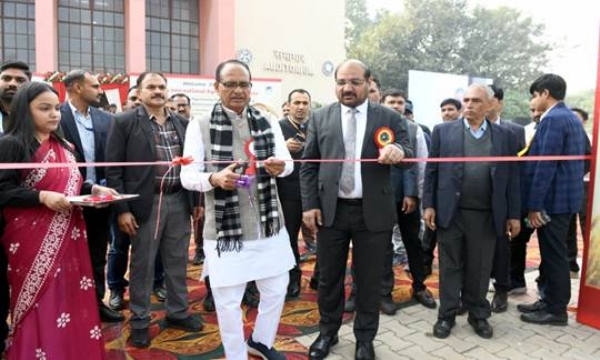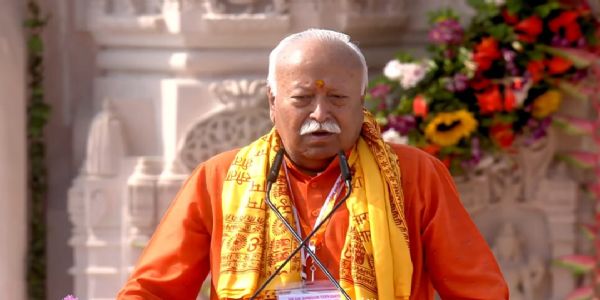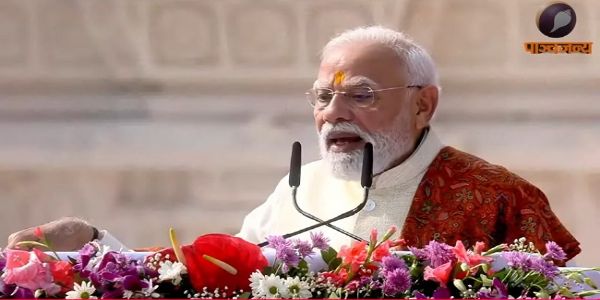
Delhi, 24 November (H.S.): Union Minister of Agriculture & Farmers’ Welfare, Shivraj Singh Chouhan, on Monday inaugurated the 6th International Agronomy Congress (IAC-2025), declaring that the vision for a developed India by 2047 is fundamentally rooted in smart, sustainable, and profitable agriculture. The three-day global event has drawn over 1,000 delegates from around the world to the Pusa Campus in New Delhi.
Addressing the assembly of international scientists, policymakers, and industry experts, Shri Chouhan articulated a forward-looking strategy for the nation's agricultural sector. He emphasized that the future of farming lies in producing more with fewer resources while conserving more for subsequent generations.
Agronomy is the bridge that connects scientific research with the farmer’s field, the minister stated, highlighting the critical need to optimize soil health, water-use efficiency, and biodiversity. He assured attendees that the congress's final recommendations will be integrated into national policies and regional action plans.
The inaugural session marked the release of the IAC–2025 Declaration, which outlines key strategic priorities. These include the promotion of soil-carbon sequestration, scaling up AI-driven digital agriculture through the Agri-Stack framework, mainstreaming natural and regenerative farming models, and developing targeted innovation programs for youth and women in agriculture.
Minister of State for Agriculture, Bhagirath Choudhary, also spoke at the event, underscoring that the primary objective of agronomy must be to provide tangible solutions to the real-world problems faced by farmers. He stressed that enhancing farmer income, ensuring environmental security, and improving nutritional quality are the ultimate goals, stating that innovations must reach every field, from the arid lands of Rajasthan to the hills of Uttarakhand.
The congress, a collaborative effort by leading Indian agricultural bodies like ICAR and IARI, will feature ten thematic symposia over its duration. These sessions will delve into critical areas such as climate-resilient agriculture, precision input management, and next-generation agronomy education, charting a new course for sustainable development in the agricultural domain.
---------------
Hindusthan Samachar / Jun Sarkar








